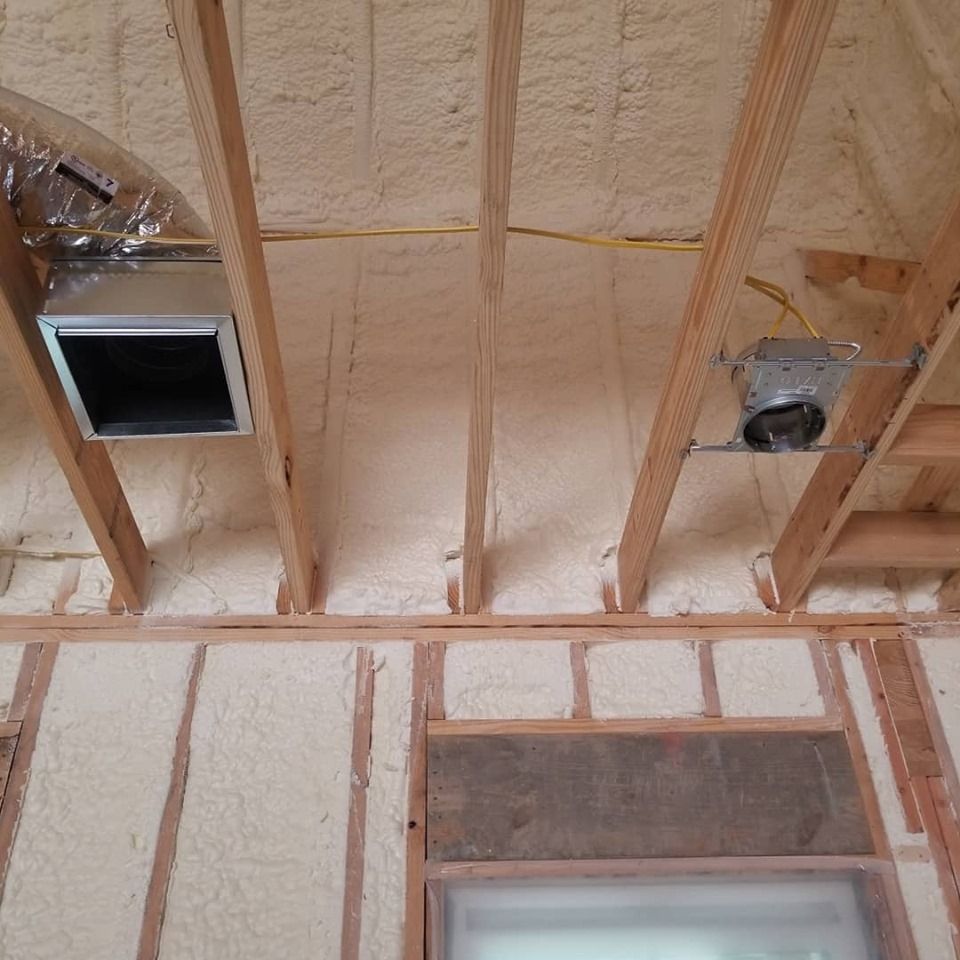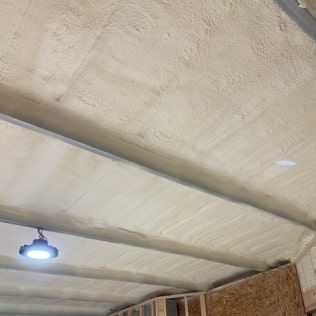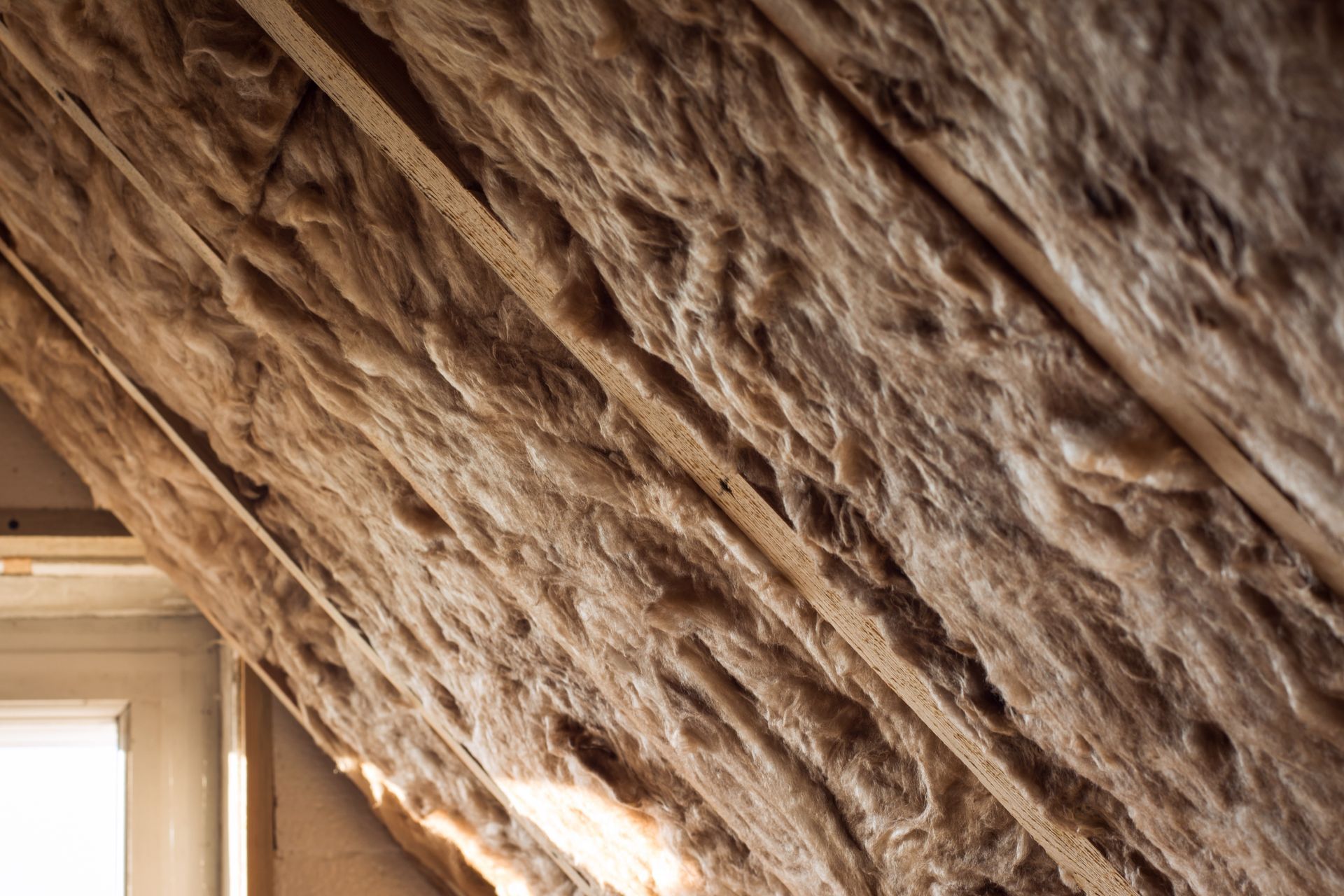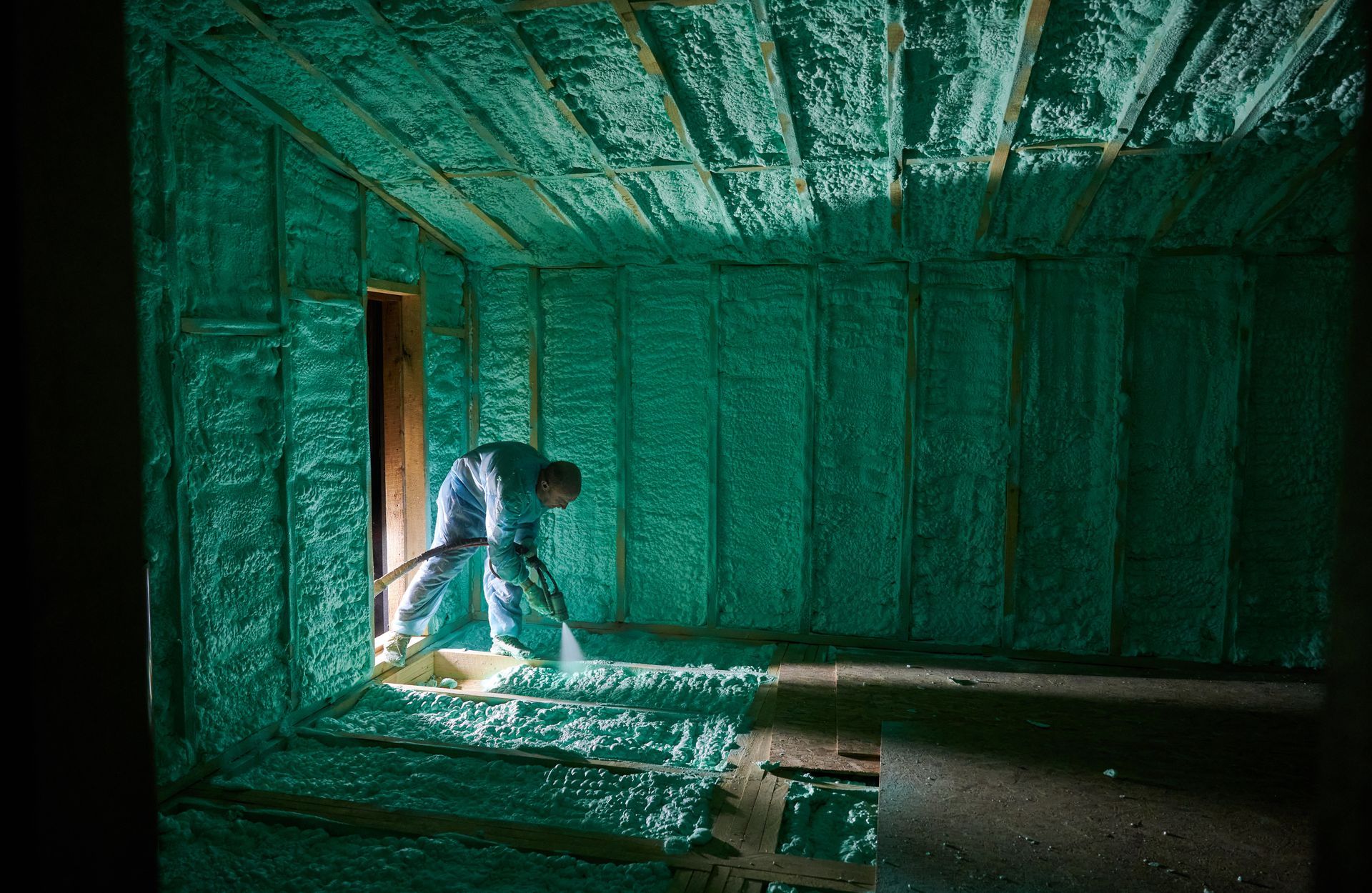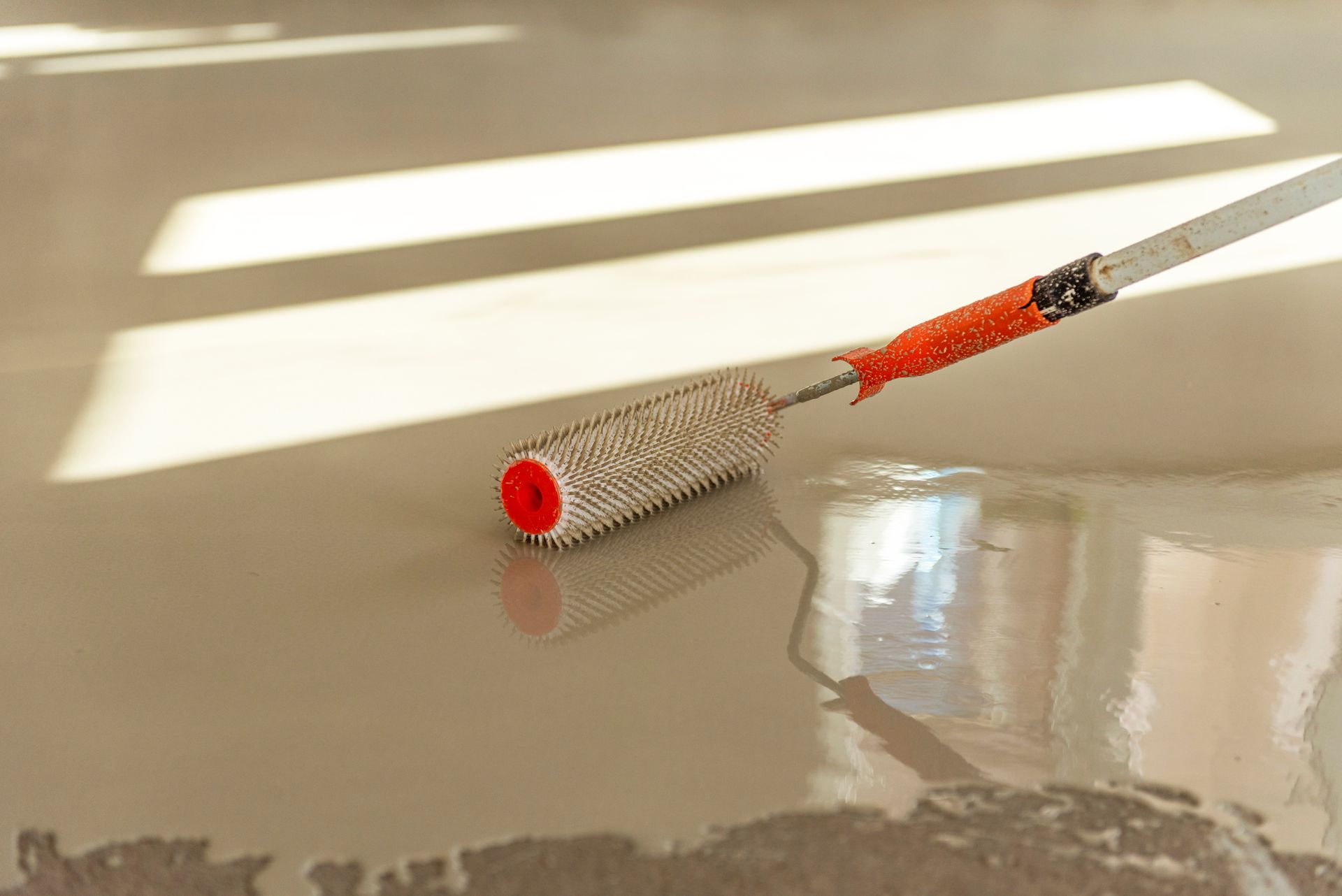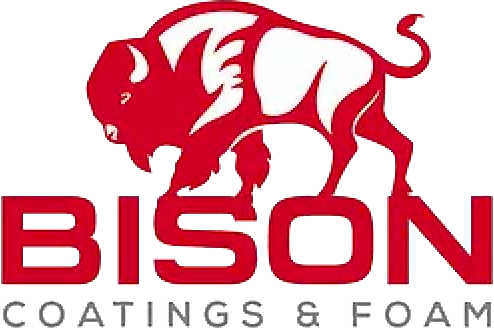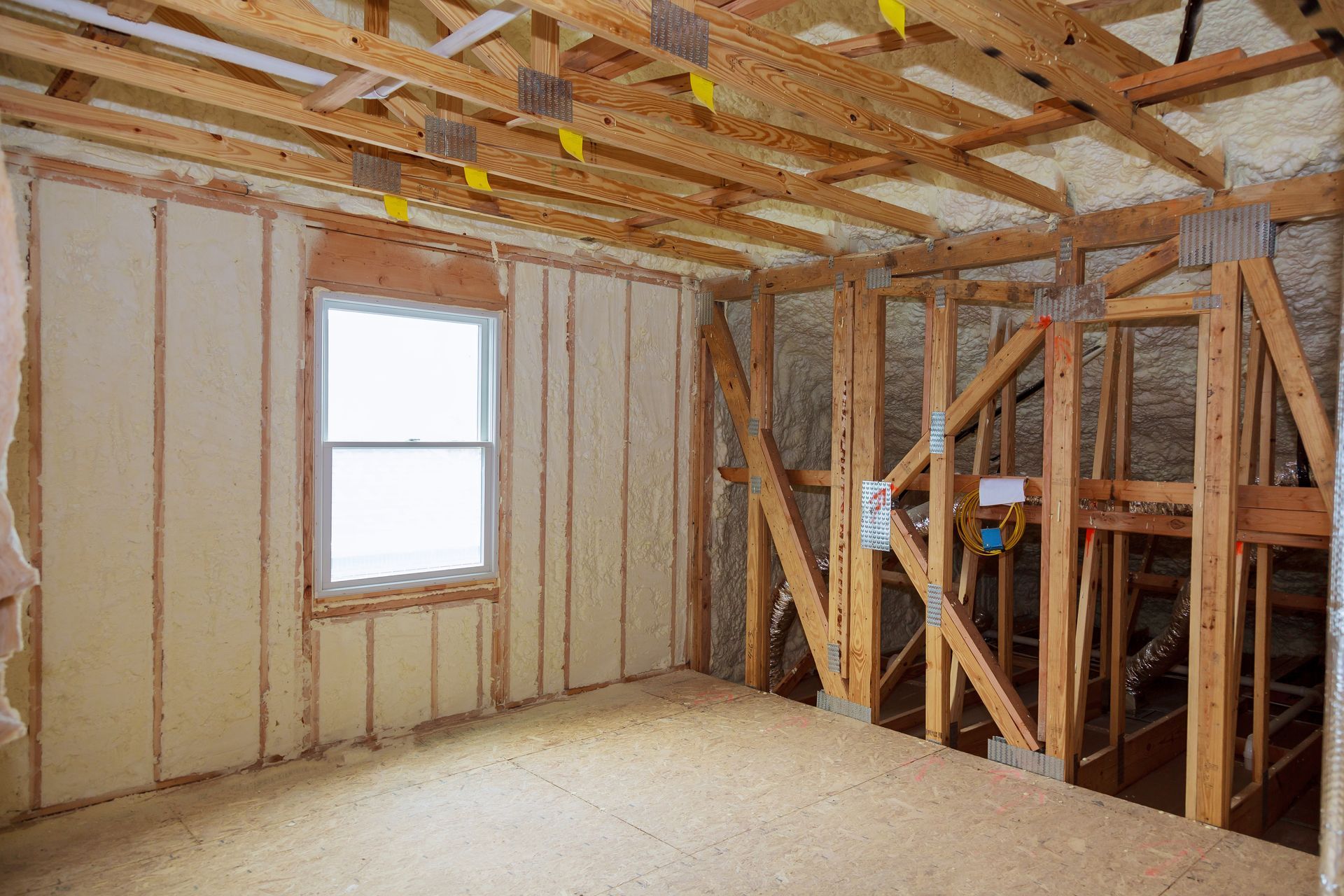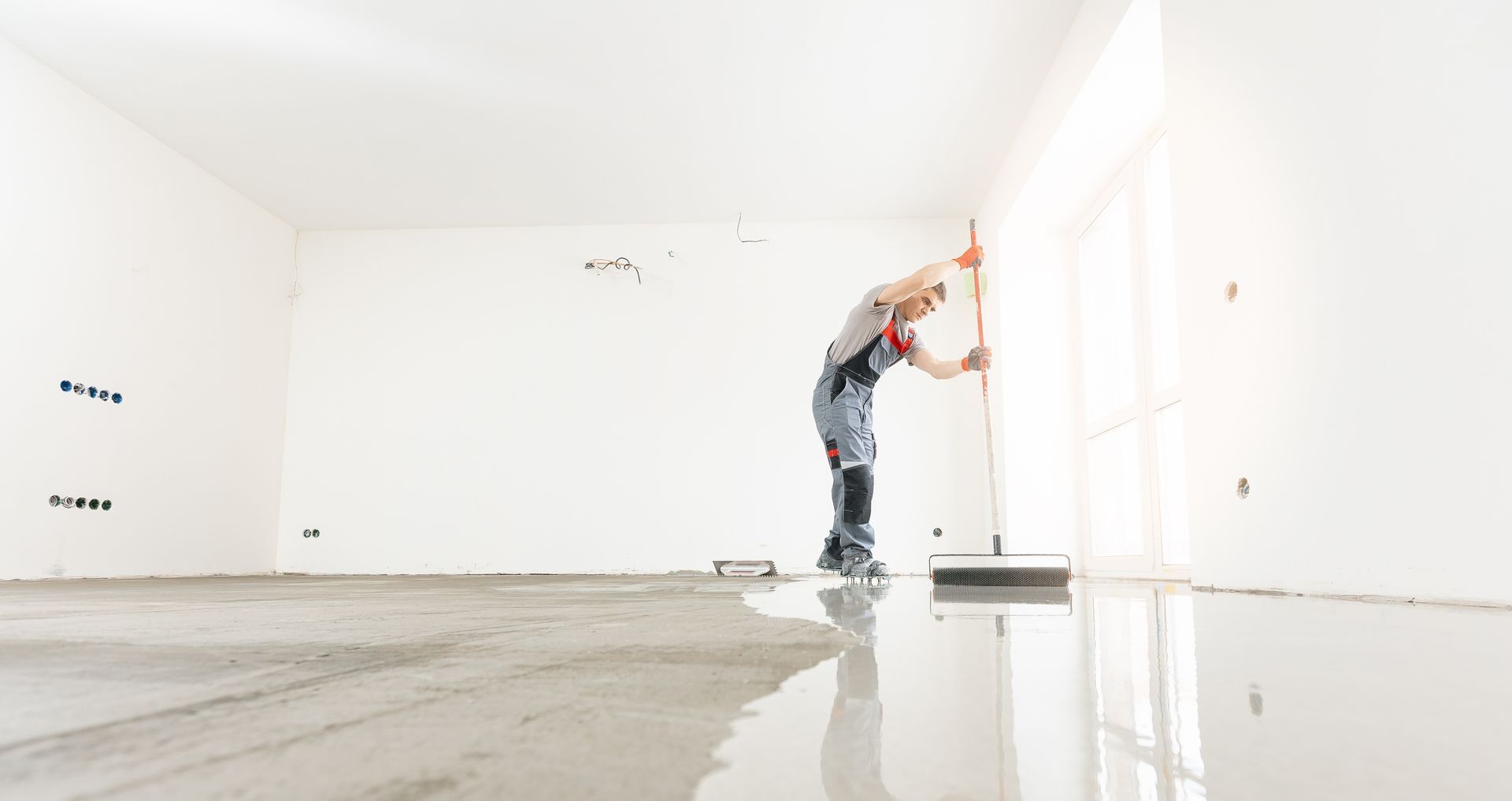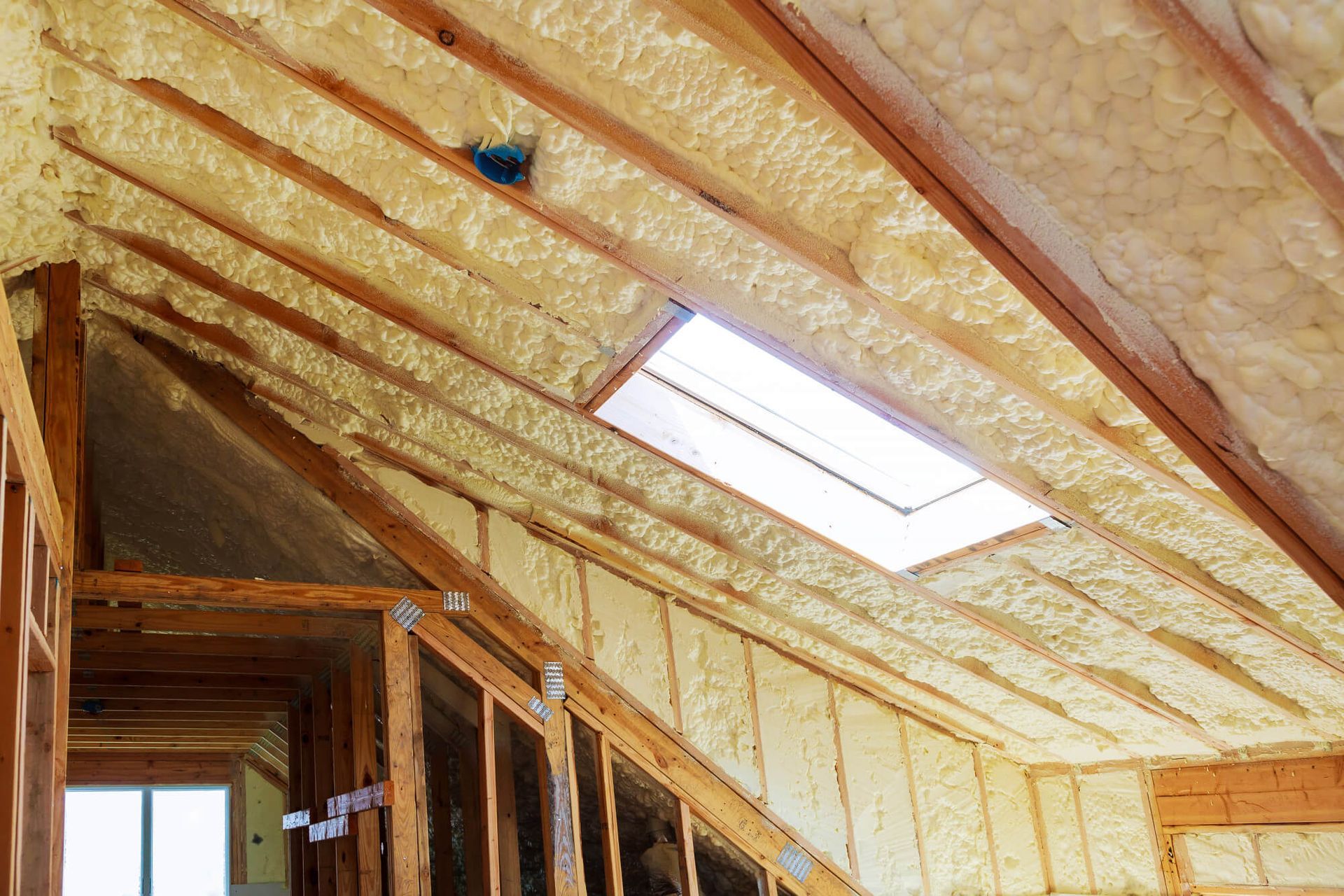Open-Cell Foam Insulation: A Breathable and Eco-Friendly Option
Insulating your home or commercial building is one of the most important investments you can make in terms of energy efficiency, comfort, and long-term savings. Among the various insulation options available today, open-cell foam insulation stands out as a breathable, eco-friendly choice that offers a host of benefits. At
Bison Coatings and Foam, based in Sulphur, LA, we specialize in providing high-quality insulation solutions that meet the unique needs of our clients. In this blog post, we'll explore the advantages of open-cell foam insulation, why it's considered an eco-friendly option, and how it can contribute to a more comfortable and energy-efficient environment.
What is Open Cell Foam Insulation?
Open cell foam insulation is a type of spray foam insulation that expands upon application to fill gaps, cracks, and cavities within walls, ceilings, and other structures. Unlike closed-cell foam, which has a denser and more rigid structure, open-cell foam is lighter and more flexible. This flexibility allows the foam to conform to irregular surfaces and expand into hard-to-reach areas, ensuring a comprehensive insulation barrier.
One of the key characteristics of open-cell foam is its "open" structure, which means that the cells within the foam are not completely encapsulated. This open structure makes the foam more permeable to air and moisture, which contributes to its breathability. The foam’s ability to allow for the passage of moisture vapor helps prevent the buildup of condensation and reduces the risk of mold growth, making it an ideal choice for humid climates like that of Sulphur, LA.
The Eco-Friendly Benefits of Open Cell Foam Insulation
As environmental concerns continue to rise, more homeowners and businesses are seeking eco-friendly building materials. Open-cell foam insulation is an excellent choice for those looking to reduce their environmental footprint. Here’s why:
Low Environmental Impact
The production process of open-cell foam insulation typically involves fewer raw materials and less energy compared to other insulation types, such as fiberglass or closed-cell foam. Additionally, many open-cell foams are made from renewable resources and contain a lower percentage of synthetic chemicals.
Energy Efficiency
One of the most significant environmental benefits of open-cell foam insulation is its ability to improve energy efficiency. By providing a superior air seal, open-cell foam reduces the amount of energy needed to heat or cool a building. This reduction in energy consumption translates to lower greenhouse gas emissions, contributing to a more sustainable environment.
Recyclability and Longevity
Open-cell foam insulation is designed to last for the life of the building, reducing the need for replacement and minimizing waste. Moreover, some open-cell foams can be recycled, further enhancing their eco-friendly credentials.
Indoor Air Quality
The breathable nature of open-cell foam insulation allows for better air circulation within the building, which can improve indoor air quality. Additionally, open cell foam does not contain formaldehyde or other harmful chemicals that can off-gas over time, ensuring a healthier living or working environment.
The Breathability Advantage: Why It Matters
Breathability is one of the defining features of open-cell foam insulation, and it plays a crucial role in maintaining a comfortable and healthy indoor environment. But what exactly does breathability mean in the context of insulation, and why is it important?
Moisture Management
In climates with high humidity, moisture management is critical to preventing issues such as mold growth, wood rot, and structural damage. Open-cell foam insulation allows moisture vapor to pass through, rather than trapping it within the walls. This vapor permeability helps maintain a balanced humidity level inside the building and reduces the risk of condensation forming on cooler surfaces.
Enhanced Comfort
By allowing moisture to escape, open-cell foam insulation contributes to a more stable and comfortable indoor climate. In the summer, the insulation helps keep excess humidity at bay, while in the winter, it prevents the accumulation of cold, damp air. This leads to a more comfortable living or working environment year-round.
Building Durability
Breathable insulation like open-cell foam can enhance the durability of the building itself. By preventing moisture buildup, the insulation helps protect against potential damage to the building’s structural components, such as wood framing and drywall. This can extend the lifespan of the building and reduce maintenance costs over time.
Cost-Effectiveness and Return on Investment
It's essential to consider both the initial expense and future rewards when choosing insulation. Open cell foam insulation is known for its cost-effectiveness, both in terms of installation and the potential for energy savings.
Lower Material and Installation Costs
Compared to closed-cell foam, open-cell foam insulation generally costs less per board foot. This is partly because it requires less material to achieve the same level of coverage. The foam’s ability to expand and fill large areas with minimal material makes it an efficient and cost-effective choice for both residential and commercial applications.
Energy Savings
The air-sealing properties of open-cell foam insulation lead to significant energy savings over time. By reducing the amount of air leakage in and out of the building, the insulation helps maintain a consistent indoor temperature, reducing the need for heating and cooling. Many homeowners and businesses find that the energy savings alone can offset the cost of the insulation within just a few years.
Increased Property Value
Investing in high-quality insulation can also increase the value of your property. Prospective buyers often look for energy-efficient features, and a well-insulated building can command a higher price on the market. This makes open-cell foam insulation a smart investment for those looking to enhance their property’s value.
Contact Bison Coatings and Foam Today!
If you're considering
open cell foam insulation for your home or commercial property, we invite you to contact
Bison Coatings and Foam today. Our team is ready to provide you with expert advice, a free consultation, and a no-obligation quote for your project. With our experience, quality materials, and commitment to customer satisfaction, you can trust us to deliver the insulation solution that’s right for you such as
closed-cell foam,
silicone roof coating, and
epoxy floor coating. Call us at
(337) 274-3966 to get started!
FAQ
